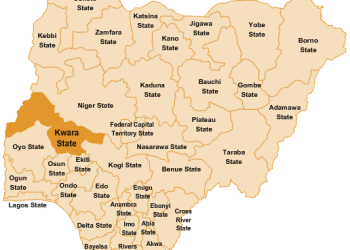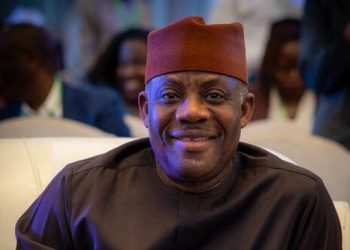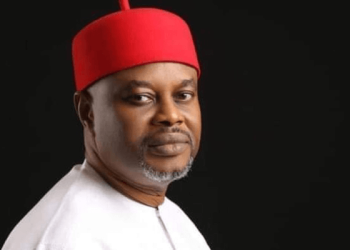Against the backdrop of growing abuse of privileges in the public service, Foreign Affairs Minister Aminu Wali spoke the minds of Nigerians who have endured years of profligacy by condemning the criminally bloated delegation on most of Nigeria’s foreign assignments. The yearly official delegation to the General Assembly of the United Nations (UN), which last year peaked at 567 – a figure he described as the world’s largest … and “certainly way, way out and unacceptable” was specifically singled out for mentioning. Therefore, his call, ahead of the 69th General Assembly of the United Nations (UN), which has opened in New York for a serious review of that recurring embarrassing spectacle, is welcome. Wali was spot-on in his assessment that 80 per cent of the people in the previous delegations had no business being on them and did not add any value. So, this year’s experience must be different.
No platform other than a meeting the other day with civil servants in the ministries, departments and agencies (MDAs) who usually form the bulk of delegation was more appropriate to deliver this truth to all concerned. The high cost of governance that has crippled Nigeria over the years certainly has such a phenomenon as unwarranted and expensive travelling by public officials, as a contributory factor. Having observed the delegation format for four years as Nigeria’s envoy to the UN, Wali’s conclusion that it had been nothing but jamborees is putting it mildly, from a ringside point of view. To illustrate the disgraceful phenomenon, Wali revealed how he made comparative analysis of delegates of three countries – Germany, South Africa and Egypt – and discovered that none had up to a third of Nigeria’s official representation. By this outcry, the minister has only pre-empted the compilers of the list of delegates and show that the Nigerian people have not been well served but instead, have been fleeced of their money. It is now left to him to make a difference. What has always been on display is shameful absence of propriety, which Nigerians hope Wali will correct.
Contextually, Wali’s promise to henceforth ensure accountability and responsibility in constituting the country’s delegates is one Nigerians will hold him to. He has sought President Goodluck Jonathan’s approval to place a ceiling on the team to New York this year, and it is hoped that decisive action will follow the approval.
Latching on to an absence of proper control or lack of accountability in most government departments, public servants queue up to travel abroad for so-called official assignments, workshops, seminars and conferences just to collect generous travel allowances. While they milk the treasury at every opportunity, some do not even bother to report at such events preferring to shop, visit or, at the expense of government, attend to private businesses.
This criminal profligacy in government, it is clear, has also been abetted by the citizens’ permissiveness. Otherwise, why are concerned patriots not asking probing questions on the way the people’s resources are being wasted? Claims of impunity by officials in every arm of government are daily surfacing, yet no conscious attempt is made by the leaders to get the country back on the path of sanity.
Officials in the Executive branch, the Legislature and, in some respects, the Judiciary seem all ganged up against the people, constantly pursuing only self-interests.
It is probably appropriate to surmise that Nigerians are generally unhappy, but are not openly expressing their displeasure at the misdeeds of their leaders, especially because they have been pauperised to a state of helplessness.
However, forms of impunity audaciously exhibited by public officials or civil servants still come down to the leadership question. Nigeria is not being properly led or the leaders are not setting good examples, so all other layers fall in line with the rot. But if bad leaders arise by omission or commission, it is the duty of critical segments of the people to say no on behalf of the voiceless masses. So much rot, abuse and corruption have characterised government so far but this should not be allowed to continue any longer. Wali has spoken well. He must act appropriately and set a good example.












































